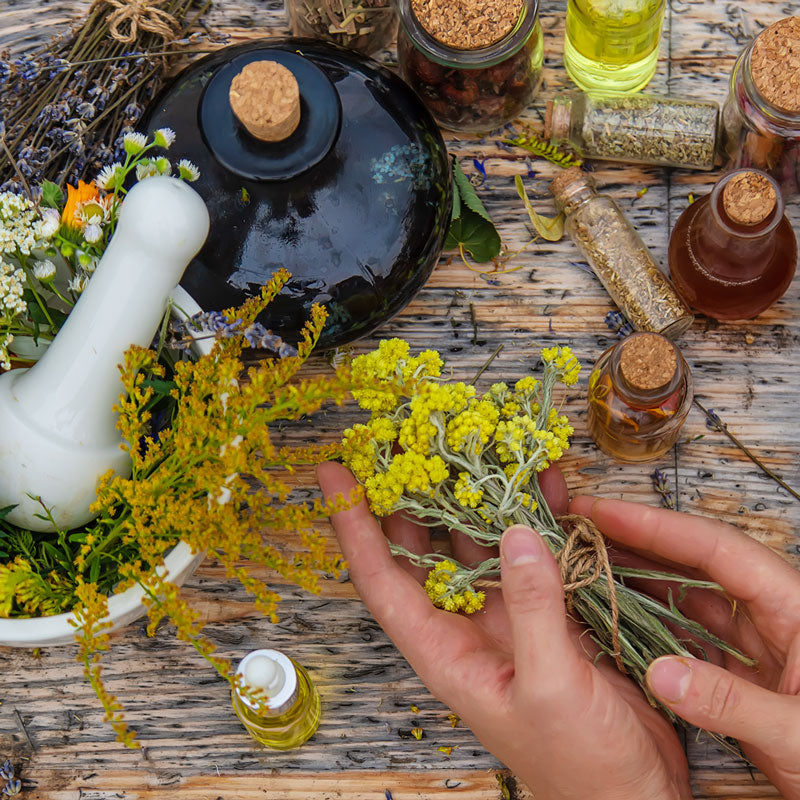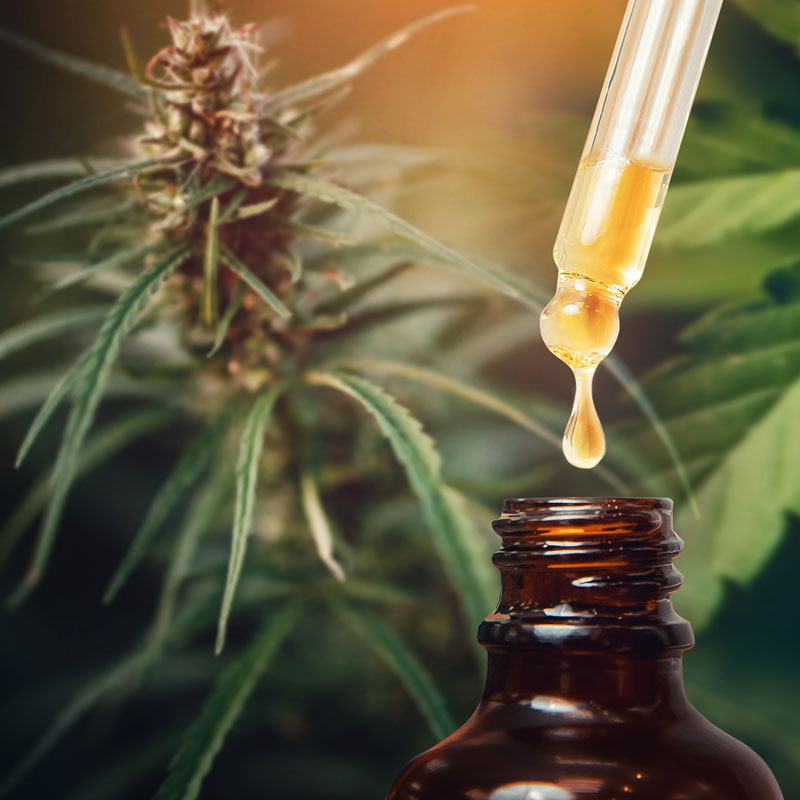Homemade Marigold Tincture and Extract Recipe using Food Grade Ethanol

Marigold, also known as calendula, is a vibrant botanical commonly used in herbal preparations, culinary recipes, and natural crafting. Making your own marigold tincture allows for efficient extraction and preservation of its natural plant compounds in a convenient liquid form. This guide outlines how to create a high-quality tincture using 200 Proof Food Grade Ethanol for optimal extraction.
What is Marigold?
Marigold (Calendula officinalis) is a flowering plant from the Asteraceae family, recognized for its bright orange and yellow blossoms. It has traditionally been used in a variety of applications, including botanical infusions and natural dyeing processes.
Where is Marigold Grown?
Marigold is widely cultivated in home gardens, wildflower fields, and meadows. It thrives in California, Texas, Florida, North Carolina, and Oregon, where it prefers full sun, well-drained soil, and moderate moisture.
Sourcing and Selecting Quality Marigold
For the best tincture results, source organic, fresh, or dried marigold flowers from reputable herbal suppliers, farmers’ markets, or cultivated home gardens. Choose vibrant orange or yellow blossoms with a fresh floral scent. Avoid flowers that are faded, wilted, or lacking aroma, as these signs indicate diminished quality.
Preparing Marigold for Tincture
- Ensure the flowers are clean and free from debris.
- Gently crush or chop the petals to improve extraction efficiency.
Best Practices for Storing Your Marigold Tincture
Store your tincture in a dark glass bottle, away from heat and direct sunlight, to maintain its quality. When properly stored, the tincture can remain effective for up to two years.
Ways to Use Marigold Tincture
Culinary & Botanical Applications
- Herbal Teas & Beverages: A few drops can be blended into warm herbal infusions.
- Culinary Syrups: Can be incorporated into syrups or honey for unique flavoring.
Natural Crafting Uses
- Botanical Dyeing: Marigold flowers have been used for natural fabric and wool dyeing.
- DIY Herbal Products: Can be blended into handmade skincare or soaps.
Final Thoughts on Crafting a Marigold Tincture
Making a marigold tincture at home allows for a unique and versatile botanical preparation. Using 200 Proof Food Grade Ethanol ensures a high-quality extraction, free from unwanted additives. Whether used in botanical crafting, culinary infusions, or natural dyeing projects, marigold tincture is a valuable addition to any home apothecary.

Disclaimer: This content is for informational and educational purposes only. Consult a professional before using tinctures for any specific application. Individual reactions may vary.










